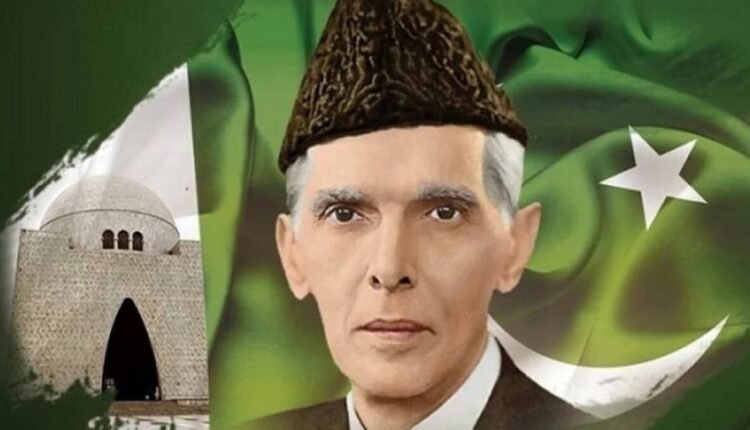Govt Plans Inquiry After Independence Day Ad Omits Quaid-e-Azam

ISLAMABAD: The government said on Friday it would investigate why an official Independence Day advertisement failed to include a portrait of the country’s founder, Muhammad Ali Jinnah, sparking an outcry from lawmakers, political opponents and cultural commentators.
Law Minister Azam Nazeer Tarar told the Senate that the omission was “heart-afflicting” and pledged to report back once the facts were established.
“It is not in our notice. If it has happened, this is heart-afflicting for all,” Mr. Tarar said. “We will conduct an inquiry to determine how this happened and keep the house informed.”
The controversy erupted after the Ministry of Information issued a glossy advertisement in major national newspapers and on television channels to mark the 78th anniversary of Pakistan’s independence.
The full-color spread included photographs of President Asif Ali Zardari, Prime Minister Shehbaz Sharif, the chiefs of the army, navy and air force, tanks and aircraft, and a tableau of cultural diversity — but no image of Quaid-e-Azam or of national poet-philosopher Allama Iqbal.

Backlash in Parliament
The matter surfaced in the upper house when Faisal Javed, a senator from the opposition Pakistan Tehreek-e-Insaf, raised it in his maiden speech after re-election. He accused the government of using public funds for self-promotion and neglecting the figures who shaped the country’s identity. “They even put their photographs on newly built public toilets,” he said, adding that taxpayer money had financed the ad.
Mr. Javed also attacked the government over the recent awarding of civil honors, claiming that political loyalty, not merit, had guided the selection. “This is the insult of the people who truly deserved receiving these,” he said.
Outcry Beyond the Senate
The ad quickly drew condemnation online and in political circles. Veteran politician Mushahid Hussain Syed called the omission “shameful.”
Shireen Mazari, a former minister, described it as a “glaring oversight.”
PTI officials claimed the lapse was not accidental, noting that in recent months other official billboards and promotions had also excluded Jinnah’s portrait, and on Youm-e-Takbeer in May, the government’s materials omitted nuclear scientist Abdul Qadeer Khan.
On social media, users contrasted the glossy images of the current leadership with archival photographs of Jinnah standing alongside military and civilian leaders at the dawn of the country’s history.
Responding to criticism over civil awards, Mr. Tarar, himself a recipient of the Nishan-i-Imtiaz, said out of roughly 200 awards conferred this year, only about 15 went to politicians.
He defended the inclusion of eight members of the diplomatic team led by then-foreign minister Bilawal Bhutto-Zardari, who toured foreign capitals after tensions with India, and several members of a so-called “war cabinet” that stayed on duty during the crisis.
The Ministry of Information has not issued a public explanation for the ad’s content.
For many Pakistanis, Independence Day imagery is inseparable from the face of Jinnah, who led the movement for a separate Muslim homeland and served as the country’s first governor-general until his death in 1948.
His portrait dominates schoolrooms, government buildings, currency notes and the annual celebrations on August 14. Leaving him out of a national day message, political analysts say, risks undermining a central pillar of Pakistan’s national narrative.
“This isn’t just a design oversight,” said a Lahore-based historian. “Jinnah’s image is part of the political vocabulary of the state. Its absence in official communications is bound to raise suspicions about intent.”
Mr. Tarar said the inquiry would determine who approved the ad and whether the omission was deliberate. The findings, he promised, would be shared with the Senate.
Opposition parties have hinted they may press for scrutiny of government advertising practices, which critics say blur the line between state messaging and political branding.
